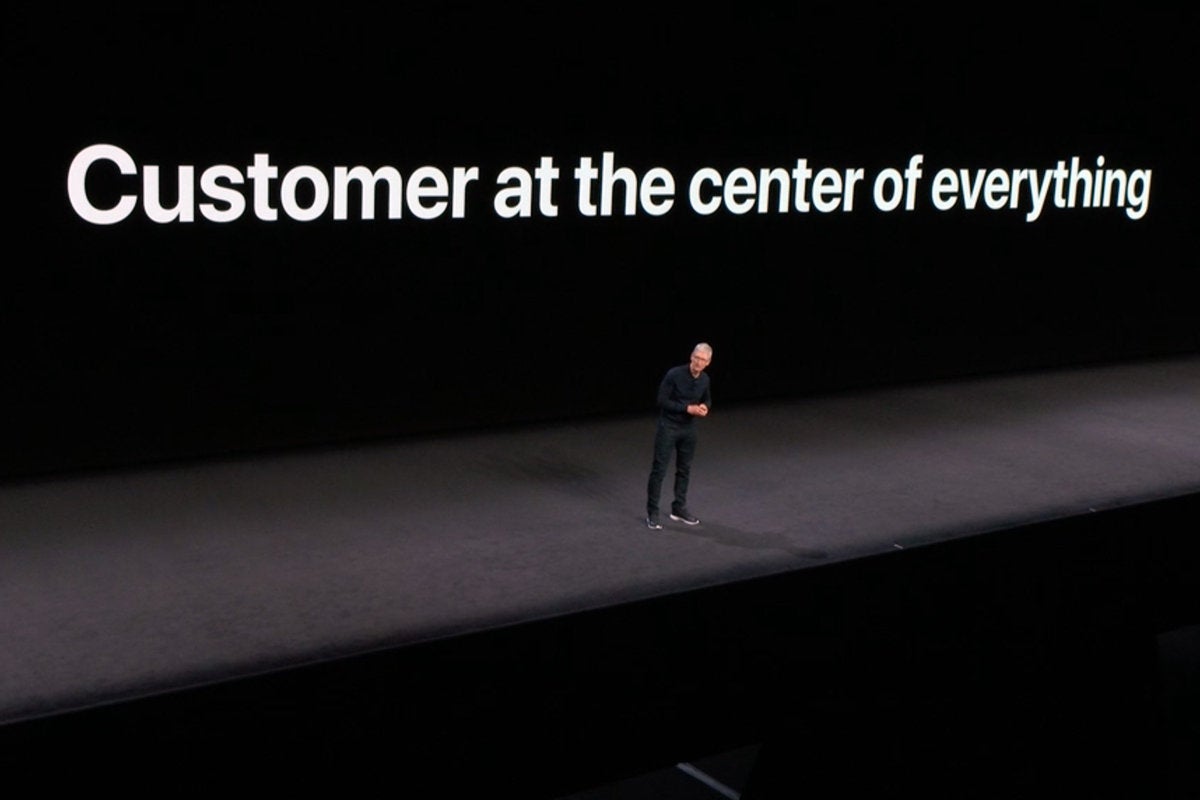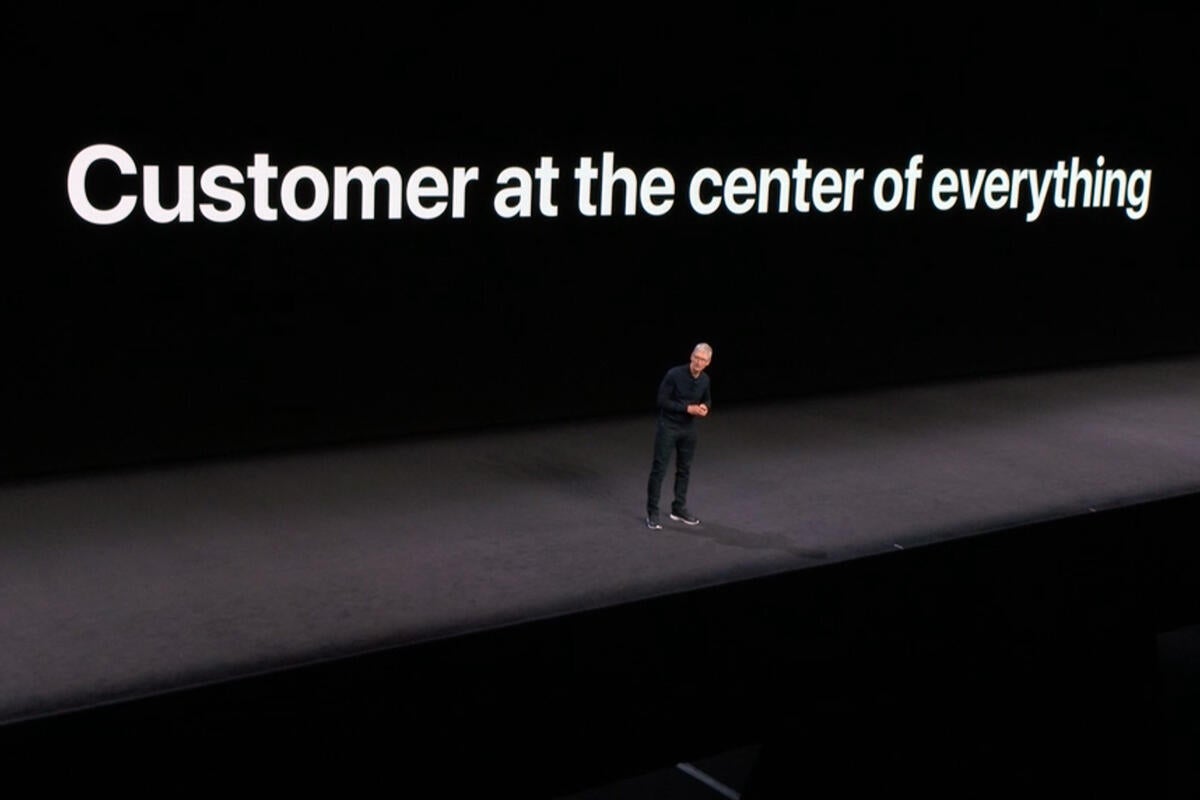
Apple CEO Tim Cook will appear today with leaders from Google, Amazon and Facebook for a Congressional anti-trust hearing, which will be broadcast live on YouTube.
What is the hearing about?
The House Judiciary’s antitrust subcommittee is investigating online platforms and market power; today’s hearing will see the business leaders answering difficult questions concerning their alleged market dominance.
Cook’s opening remarks to the committee have already been made available.
In the remarks, Apple’s leader points out the inconvenient truth that Apple doesn’t actually possess dominant market share in any of the markets in which it does business:
“Apple does not have a dominant market share in any market where we do business. That is not just true for iPhone; it is true for any product category,” he says.
That’s true in terms of hardware: Android dominates smartphones, Macs are second players to Windows, and the company doesn’t even offer the world’s best-selling fitness tracker.
What it does do is fight a distinct corner and it has achieved this by creating solutions that are relatively unique in comparison to other available devices.
The App Store business
These truths will likely drive the committee to ask about how the company handles its platforms, which will mean how it handles the App Store; how it justifies its 30% cut of software features; how it allows access to core iOS features; and whether it has a “copy-acquire-kill” strategy.
Apple will respond with a little history.
It will observe that when it launched its App Store, software sales tended to be boxed, margins tended to be squeezed (up to 70% for distribution), and developers had real challenges bringing software to market.
Speaking to Reuters, Apple’s vice president of worldwide product marketing, Phil Schiller, described the way the App Store works as “a complete flip around” of the software distribution system that existed when it launched.
That’s because the App Store was developed to represent the software equivalent of a trusted, high-quality department store where customers could safely explore available products without the security or privacy fears you may find elsewhere.
The result? Apple has built a store that’s trusted by consumers and delivers a huge array of apps and raises billions for developers.
It’s not unusual
The panel will likely grill the company over any perceived inconsistencies in how it applies its rules, and seek out instances in which the company may have used its control of the store to disadvantage services from competitors.
Given that the biggest argument competitors seem to have raised is their objection to paying for distribution via the Apple shop, it will be interesting to see how that line of questioning develops.
The company will direct attention to the Analysis Group study it commissioned; it found that the App Store facilitated more than half a trillion dollars in commerce worldwide and $138 billion in the U.S. – a scale of business that only took a decade or so to build. Among other topics, the study looks at the typical charges made by sundry distribution and auction services in the physical world.
If you’ve ever purchased an item in a supermarket or at auction, you will likely be aware that the place you acquire that item also takes a hefty cut before any money reaches a product manufacturer.
Historically, the report observes that distributors of boxed software took around 60% of the box price, while video game developers and publishers typically share the rest.
Apple has a pretty clear argument that most retailers charge distribution fees and there’s little reason why it should distribute fee-based software at zero cost to the developer. The only argument (as I wrote here) may be around how much is fair to charge – but is that a decision for government, or for a free market to decide? There are, after all, other stores and other platforms.
Ultimately the tone of Cook’s statement is respectful. He says he shares the, “belief that competition is a great virtue, that it promotes innovation, that it makes space for the next great idea and that it gives consumers more choices.”
Cook appears before the house July 29 at 9am PT/12pm ET.
Please follow me on Twitter, or join me in the AppleHolic’s bar & grill and Apple Discussions groups on MeWe.



